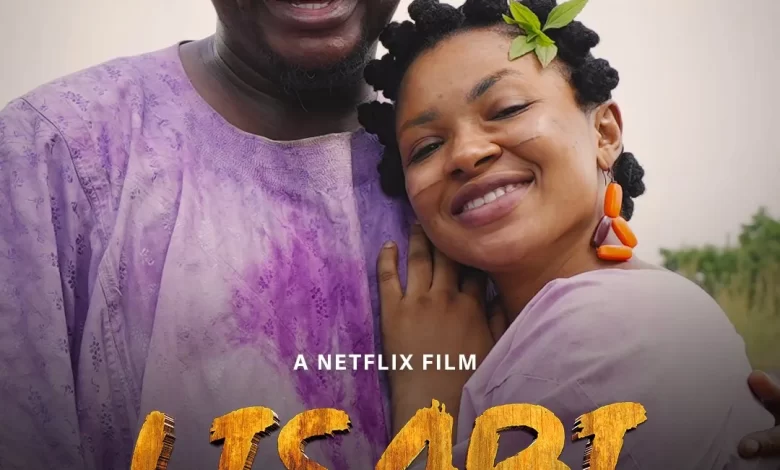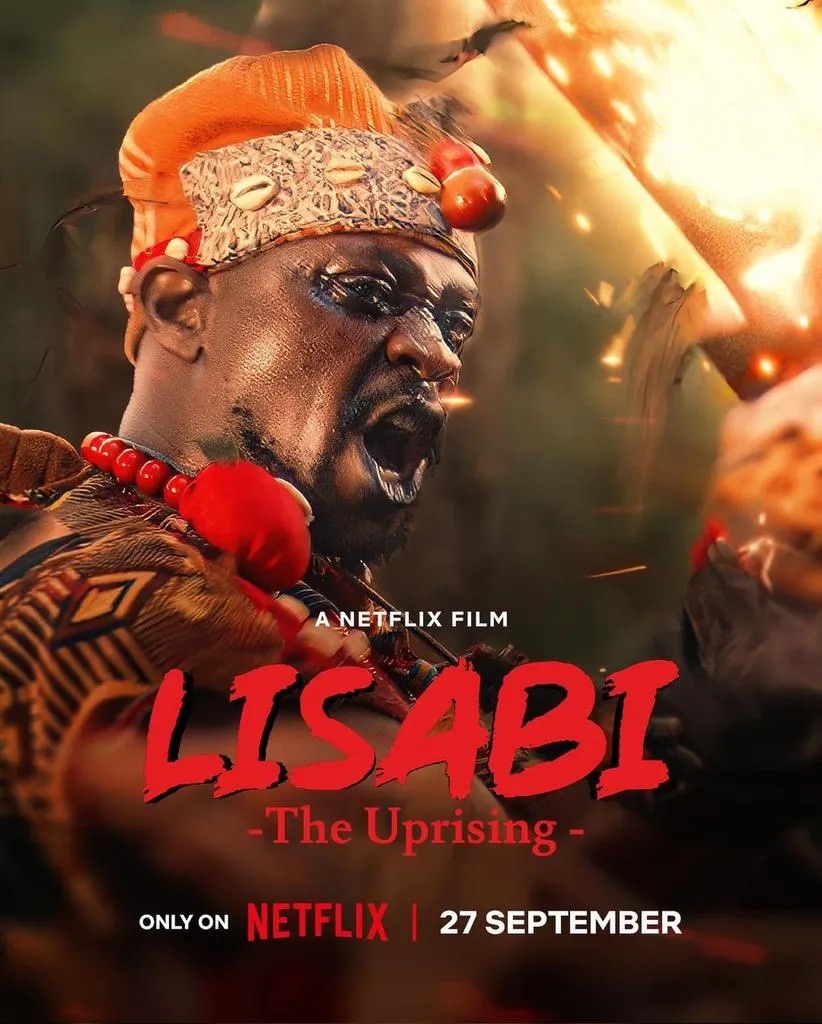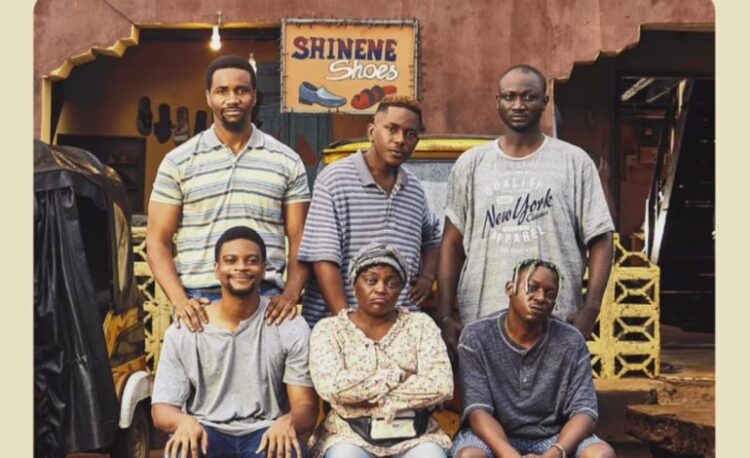Lisabi: Lateef Adedimeji Write His Name in Gold On His Own Term

Lisabi, the new Netflix Original flick is a cultural celebration of Yoruba with a particular focus on how Egba liberated itself from the Oyo empire. It tells the story of an uprising against a despotic king and his messengers. Alaafin of Oyo, played by Odunlade Adekola becomes angry with towns that derail in their yearly food and crops delivery to Oyo.
His tribute collectors headed by Ibrahim Chatta (Sangodeyi) were bloodier. They did the unthinkable, had the best women to themselves, violated them, and became a big headache to the Egba. While the people found some of these acts wanting, only few of them talked.
Sokenu, a farmer who once had a clash with them at Edioke palm wine joint , about the excess of the tribute collectors was already spotted by them. They turned his joyous day to a sad one, before he died, he took ten of the tribute collectors.
Lisabi, Sokenu’s bosom friend never recovered from his demise, his death gingering him, in a domino effect, he encouraged his people to fight for freedom. Clandestinely, he urged the people to go to each other for Aro, they went to each other’s farm, this made the job easier to do. While they were doing others, he bother less about himself.
By the time it was his turn, he wanted more, an uprising against the king’s tribute collectors indirectly confronted Alaafin. With help from various forces, they embolden themselves, preparing for the onslaught. The film ended with the beheading of Sangodeyi while the viewers await part two of the movie, which is set to release in January 2025.
The relationship between Sokenu and his wife, Abebi, could have been expanded, it is rushed. While Sokenu was excited about dating Abebi, the reverse cannot be said about her. Ikeola, the Alarina between them, when did she tell her, what was the response, what was the feedback from their parents. The romantic relationship could have been stretched, a little bit. The portrayal of Alaafin of Oyo is remarkable, he scarcely speaks, when he finally does, he issues orders.

The opening first three scenes already introduced the viewers to the imbroglio the villagers were facing. In the remaining scene, the solution to the problem was being formulated.
Lisabi, the titular character, is a man of different parts. At the start of the movie, his tenacity and hard work on the farm was shown. He moved from being naive to being the symbol of hope and change to the people. His mannerism and posture changes, it even becomes worse when he loses sokenu. Expectedly, he should have been vulnerable or depressed, instead he becomes more embolden to fight on, sticking to the pact between him and sokenu at his dying moments.
The historical correctness of this movie is a topic for erudite history scholars however, Lisabi, as a movie, is a pointer to what occurred during the time of our ancestors. A recollection of how things were being done before modernization came into being. Two dominant examples were when Lisabi tells Sokenu on the need for his wife not to meet him at home and also, on the need for his sexual proactiveness and economical viability as a man.
From his groundbreaking work on Jagun Jagun, it is exhilarating seeing Lateef Adedimeji on Lisabi. For once, he is doing things on his own term. He holds the paint to the canvas, he calls on the best hand, from Niyi Akinmolayan who directed it, to the Tolu Obanro who handled the pristine sound, not forgetting the effect, colour grading and editing. Beyond minor errors, which are forgivable, Lisabi might become a soon to be classic movie.




